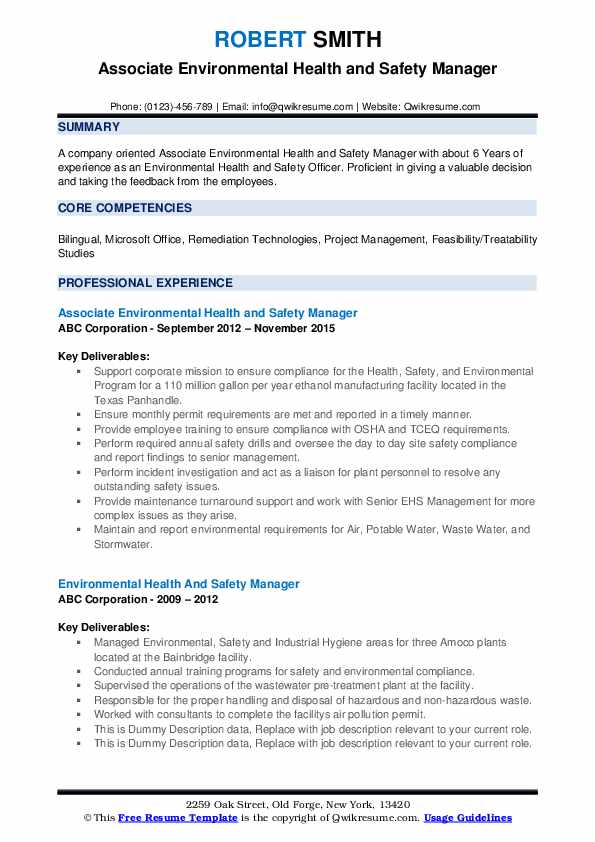
The human resource consulting industry evolved from management consulting. It was established to help with the tasks and decisions related to human resource management. A typical role for a human resource consultant is to provide HR strategy and analytics. One is to provide analysis and strategy for HR. The other is to provide learning and development. These roles are essential to an organization's ability to succeed. These consultants might specialize in one or multiple of the areas listed below, depending on what is needed by the company.
Human capital consulting
Human capital consulting may be the right career for you if your passion is working with people, and you are looking to make a real difference in the world. Consultants are responsible for helping organizations improve their business practices by creating strategies, training programs, as well as performance management systems. The job requires excellent communication skills, a solid understanding of psychology and human behavior, and the ability to think critically and come up with creative solutions.
In order to provide clients with an edge in the workplace, human resource consultants must be up-to-date on the latest developments in this field. A flexible workforce is essential as companies become more global and more competitive. Most companies are always looking for new ways of improving productivity and efficiency. Sometimes, this means changing their working methods.

HR consulting
The industry of HR consulting was born out of management consulting. It focuses on human resource decisions and tasks. A typical HR consultant has two roles. The first is to plan and manage strategic aspects, while the second is to handle the operational side. These consultants provide guidance on how to manage people, processes, and technology.
HR consultancies help businesses maximize HR efficiency by implementing new policies and procedures. Their objective view is valued by companies, and they are often brought in to tackle a particular issue. Their duties can vary from assessing a company’s human capital deficit to formulating policy and implementing that policy. Others include implementing technology and driving organisational change. Many multinational companies use HR consultancies. However, many smaller and medium-sized organizations also employ them.
Analytics for HR
A HR analytics consultancy can help you make the most of your data. This service can provide insights into employee behavior and trends that will help you make informed decisions. This type of service can help eliminate unconscious biases and make sure that every candidate is given equal opportunity. These insights are made from data and can improve hiring processes, reduce hiring time, and identify trends that affect recruitment outcomes.
HR analytics consulting is a fast-growing field. This field is experiencing rapid growth due to automation and AI. It becomes even more crucial as industries and assets merge. The human capital landscape is changing as a result of these changes. As a result, the issues of aging as well as immigration are becoming increasingly important.

Learning & development
A Learning & development consultant HR can help you develop your company's talent. L&D professionals can work with your business leaders, executive leadership teams and other stakeholders to identify and implement effective training programs. The best L&D programmes are aligned with the organisation's goals and are flexible and measurable.
A bachelor's degree is usually required for learning and developmental consultants. Employers may prefer consultants with a master’s.
FAQ
What skills is required to consult?
As a consultant, you should have both strong interpersonal skills and analytical skills. This is important because you are working on projects where you may not know exactly what you are doing. This is a must because you need to learn how quickly you can manage people.
Excellent communication skills are also essential. Most clients expect an answer within 24hrs. They assume that you won't respond if they don't hear from them within 24 hours. It is important to keep them updated and make sure they fully understand the situation.
What are the types of contracts available to consultants?
When they are hired, most consultants sign standard employment contracts. These agreements outline how long the consultant will work for the client, what he/she will get paid, and other important details.
Contracts will also outline the areas of expertise and compensation for the consultant. The agreement might state that the consultant will conduct training sessions, workshops or webinars.
Other times, the consultant simply agrees to complete specific tasks within a specified timeframe.
Consultants often sign independent contractor contracts in addition to their standard employment agreements. These agreements allow the consultant to work independently but still receive payment for his/her efforts.
What happens when the consultant finishes his job?
After the consultant has completed the work, they will submit a final document detailing the results. This report includes project timelines, deliverables, and any other pertinent information.
The report will be reviewed and you can decide if the consultant met all your expectations. If the report does not meet your expectations, you have two options: to request changes or to terminate the contract.
What kind of jobs are there for consultants?
Consultant work requires a deep understanding of business strategy, operations, and other aspects. It is important to understand the workings of businesses and how they fit into society.
You must have excellent communication skills as well as the ability to think critically in order to be a consultant.
Consultants need to be flexible as they might be assigned different tasks at different times. Consultants should be able to quickly change their direction if necessary.
They should be prepared to travel extensively in support of their clients. This type of work can take them all over the world.
They must also be able handle stress and pressure well. Sometimes, consultants may be required to meet strict deadlines.
As a consultant, you may be expected to work long hours. You might not always be paid overtime.
Which industries employ consultants
There are many types of consultants. Some consultants are focused on a specific type of business, others may specialize in multiple areas.
Some consultants work exclusively for private businesses, while others represent large corporations.
And some consultants work internationally, helping companies all over the world.
What should your consulting fees be?
It all depends on the service you offer. If you are providing services for free, then there isn't any point in charging anything. But if your services or products are for sale, you will need to establish prices that reflect their value.
If you offer low-quality services then you don’t have anything for sale. Why would anyone pay anything for you?
If you are providing high-quality services, then you could ask for a higher price because people recognize the value you provide. Also, clients who purchase multiple packages from your company may get discounts.
Who hires consultants
Many companies hire consultants to help with their projects. These include small businesses, large companies, government agencies and non-profits.
These consultants may work directly for the organization, or freelance. The hiring process will vary depending on the complexity and size of the project.
When hiring consultants, you will probably go through several rounds of interviews before choosing the person you think would be best suited for the position.
Statistics
- On average, your program increases the sales team's performance by 33%. (consultingsuccess.com)
- According to IBISWorld, revenues in the consulting industry will exceed $261 billion in 2020. (nerdwallet.com)
- So, if you help your clients increase their sales by 33%, then use a word like “revolution” instead of “increase.” (consultingsuccess.com)
- According to statistics from the ONS, the UK has around 300,000 consultants, of which around 63,000 professionals work as management consultants. (consultancy.uk)
- 67% of consultants start their consulting businesses after quitting their jobs, while 33% start while they're still at their jobs. (consultingsuccess.com)
External Links
How To
How Do I Find A Good Consultant?
Knowing what you need from your consultant is the first step to finding a qualified consultant. Do you want them helping you improve your website's performance or not? Are you looking for them to help optimize your website to rank higher on search engines? Or perhaps you just want someone who can tell if there are any issues with your current hosting provider. Once you know what type of services you need, you should start looking at different companies. There are many consultants out there who claim they can provide these services, but only a few actually live up to their claims. So how do you go about choosing one? Here are some considerations when choosing a consultant.
-
Get recommendations. This is the best method to find a consultant. Because you are likely to pay too much, you shouldn't hire someone who you have never heard of. However, you don't want work with someone who has a bad reputation. If you are lucky enough to be referred by people you trust, that's awesome! You might also be able to find reviews online even if there are no referrals. Find testimonials and case study examples from customers who have used your product.
-
Ask around. Many people are not aware of the benefits of hiring a consultant. They assume that their current situation is fine and they don’t need changes. This is often false. Even if you are seeing great results, it is likely that you have not been keeping up to date with technology and trends. If you continue to rely on outdated methods, your business will be unable to grow. It's always worth asking around to see if anyone knows of a good consultant.
-
Be sure to check their credentials. You need to verify their qualifications when you are searching for a consultant. Check that they are qualified to complete the tasks and have enough expertise in the chosen area.
-
Find out the type of projects they specialize. While you might assume that everyone can handle everything, this isn't true. You may need to have specific training or education in certain areas. If you are looking for someone to create a WordPress theme, then you will not want to hire someone who isn't a specialist in Drupal. Graphic design and programming languages are all subject to the same rules. It is important to inquire about the types of projects that they work on.
-
Find out what their charges are. As we said, you don't want to pay too much for a consultant. You also don’t want to spend too little. Consultants come in many sizes and shapes. There are some that charge an hourly fee, while others may bill per job. This will help you save money in the long-term.
-
Learn what they offer. Are they willing to provide free consultations? Do they offer advice on setting up your system? Is it possible to be sure that your site ranks higher when you work with them You can cancel the consultation without penalty if your opinion is not what you wanted.
-
Ask if they offer discounts over multiple months or for years. Many consultants offer extended discounts for long periods. While you don't necessarily need to commit for a whole year, you can still take advantage of any deals that they offer.